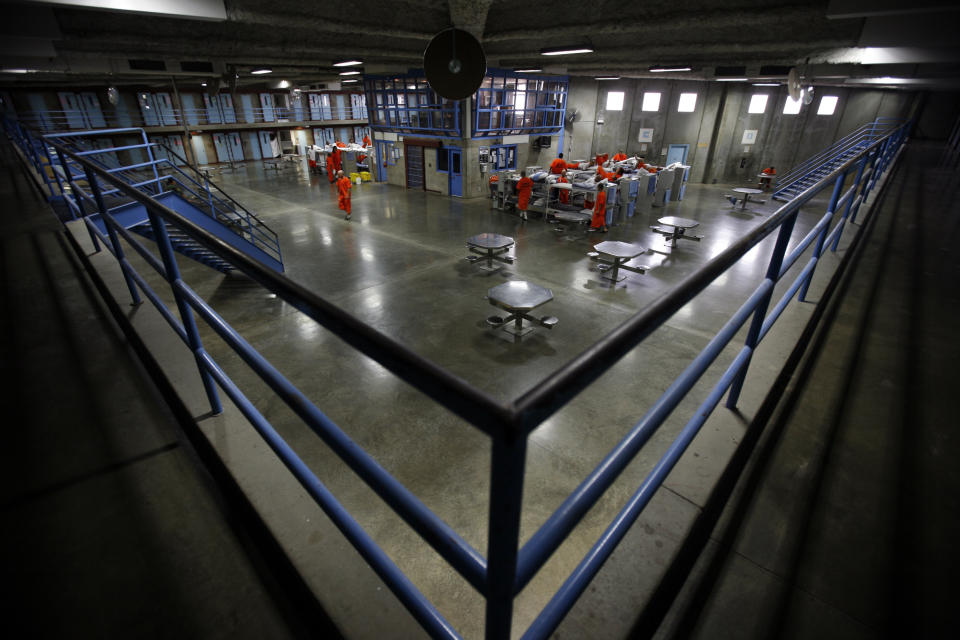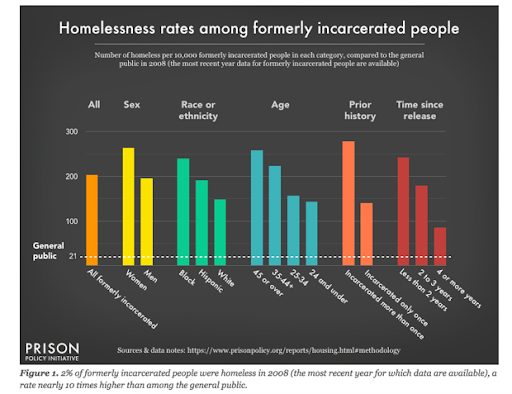How these U.S. prisoners are swapping violence for philosophy

Inmates at one U.S. prison are swapping anger and violence for philosophy and journalism.
The new initiative has seen inmates at Richard J. Donovan Correctional Facility, San Diego’s only state-owned prison, tackle a 12-week philosophy-based, content writing course.
Gabriel Marinkovich, 28, from New York, who heads up the course, said prisons have historically been a place for philosophical reflection but that weren’t actively practiced or taught in the institutions.
He said: "Prisons incarcerate thousands of highly intelligent people every year, whose minds are literally just wasting away. Stoicism encourages reflection and empathy, and can ease problems of violence, overcrowding and reoffending by giving the inmate a greater sense of purpose regardless of their current circumstances".
Gabriel, of Qualia Media, said he has been surprised at the course’s impact on some of the prison’s most notorious inmates.
He said: “Category A inmates are generally initially characterized by bravado, one-upmanship and competition but after reading and discussing Seneca, Marcus Aurelius, and Kantian morality, they begin to gain a common level of respect for each other.”

The course has been running for 12 months, involving more than 400 inmates, and once inmates complete the project, they are offered writing positions at Gabriel’s content company Qualia Media, which provides content strategy and consulting for companies like ESPN, Fox, and CBS.
He said: “In the beginning, getting corporate media companies to stomach the idea of publishing content written by prisoners was almost impossible, so we started with a niche publication that focused specifically on the 'stoic content' we were teaching in order to provide a tangible case study.
“We ran paid traffic to the content and pretty soon we were being overwhelmed by companies requesting to source our content or produce similar content for them.”
Now, city officials in Los Angeles are considering similar projects as a potential solution to other related issues, such as homelessness, by pointing to a wealth of data outlining the revolving door between incarceration and homelessness.
According to data from the Prison Policy Initiative, people that were incarcerated are 10 times more likely to become homeless.

Doug Smith, a senior policy analyst for the Texas Criminal Justice Coalition, said: “Without community supports in place, many individuals leave correctional facilities only to enter, or re-enter, homelessness - the two go hand in hand.
“Mental illness, substance use, and lack of employment make it more difficult for some individuals to escape this pattern. It is our ethical responsibility to create a collaborative approach as a society to solving this issue. Programs like these tackle the root of the issue and should take precedence in government funding.”
Gabriel said he hopes to roll-out the program in more prisons after the success in San Diego.
He added: “We all know the content space is becoming saturated. We believe the future success of publishing will be based not only by the quality of the content, but more importantly, by the publishers positive or negative social impact. This is similar to how a consumer today might make a decision about a physical product or company based on its environmental impact.
“This collaboration of capitalism and activism creates clear incentives for corporations and politicians to address key societal issues their supporters care about, which is obviously exciting for us.”

